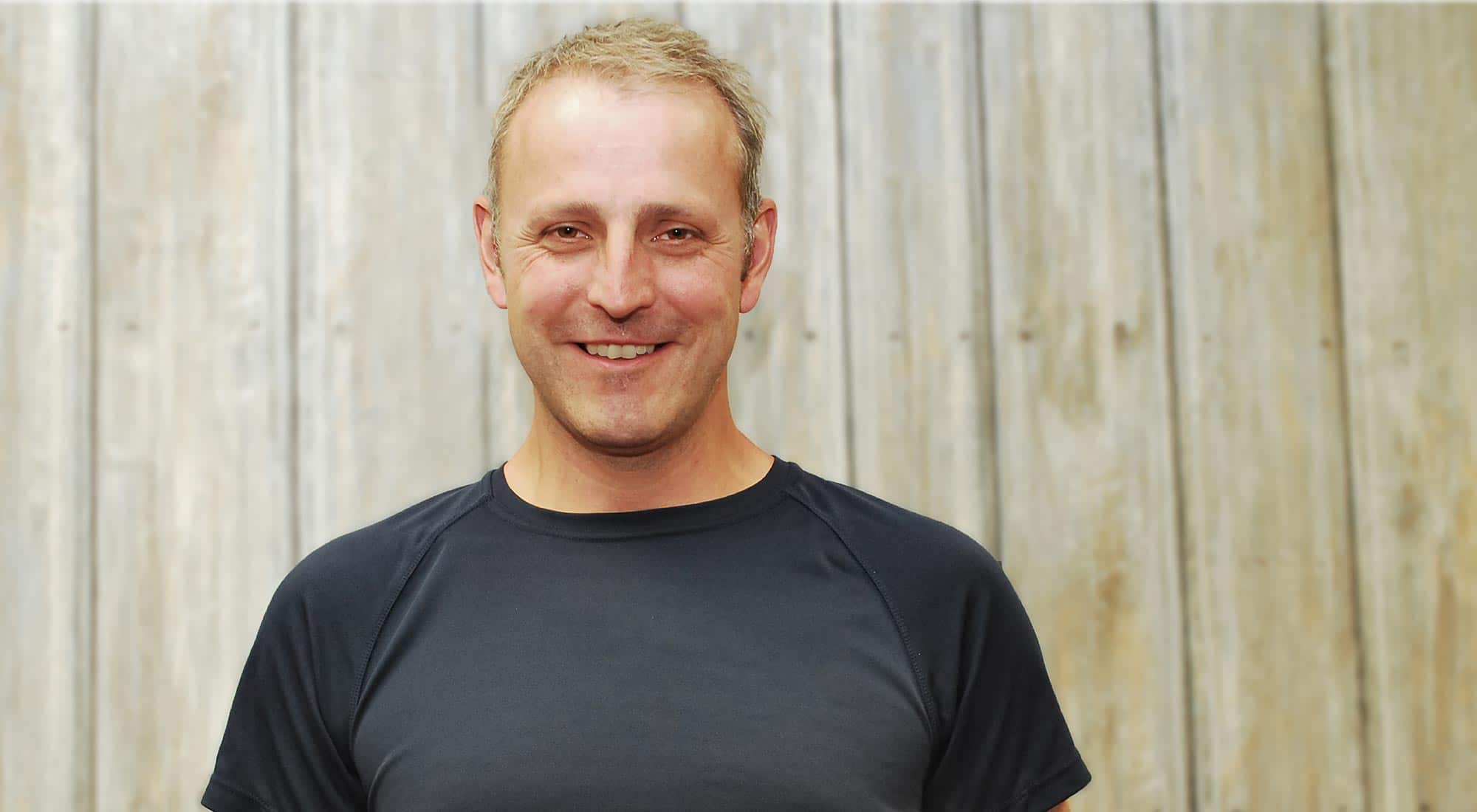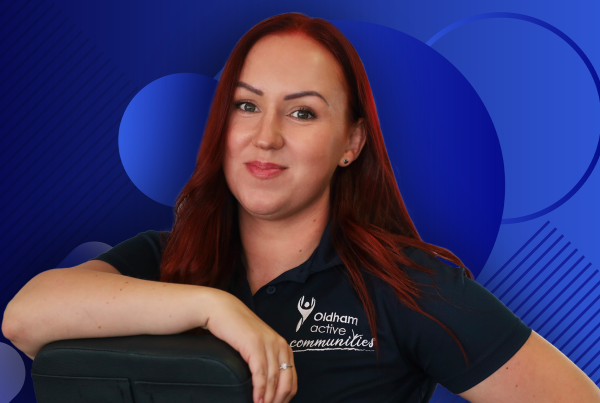By Kenny Butler, Head of Health & Wellbeing Development at ukactive
Whether it was a newfound interest in getting out and about for that daily ‘lockdown walk or cycle’ or wanting to address your susceptibility to viruses due to poor health, the pandemic has shown us why building our health resilience through getting fitter and more active is so important. After all, England’s Chief Medical Officer, Professor Chris Whitty, has expressed that, “there is no situation, there is no age and no condition where exercise is not a good thing”.
Despite the benefits of physical activity being widely promoted there are fears that, as we emerge from the pandemic, a deconditioned nation will present poor health as a result of increased inactivity.
Healthcare professionals (HCPS) and the fitness and leisure sector will play a vital role in encouraging people to return to regular activities and build (or rebuild) the nation’s health resilience. It is therefore important that they, and the people they look to serve, are aware of the resources available to support them in improving and maintaining health and wellbeing.
What support is available to those who have found it difficult to remain active?
If your work routine has changed, you may have struggled to get your ‘steps in’ without that daily commute, walking to meetings or popping out for lunch. To help you stay or get active in and around your home, Sport England’s Join the Movement campaign provides up-to-date resources, as well as tips and advice. The NHS Better Health website also has a range of tools to help people become healthier and more physically active.
If you’re managing a condition, it’s important to find activities that work best for you. The We are Undefeatable survey of 1,300 people with long term conditions (LTCs) highlighted their fear of exposure to Covid-19 as the greatest barrier to being active, and that loss of physical activity was increasing stress and anxiety.
The We Are Undefeatable campaign website, which was developed to support people managing long term conditions to be active, contains tips on how to get started if you are not currently active and how to build exercise into your daily life during Covid-19.
Those who do not have LTCs but are pregnant, shielding or awaiting rehabilitation or surgery may also welcome similar support to return to active conditioning. Like almost everyone else you would not have incorporated adapting to a pandemic within your mix of concerns for an already life transforming experience.
Findings from a survey by the Active Pregnancy Foundation in association with ukactive on pregnancy and physical activity during the Covid-19 pandemic, found that the majority of respondents (50.5%) felt they did less physical activity compared to a typical week before Covid-19 restrictions were introduced. To help support pregnant and postnatal women be active at home, ukactive and Sport England launched a series of free online workouts for pregnant women and new mums.
From 1 August, 2.2 million people on the shielding list in England are no longer advised to shield. A large proportion of this group are over 70 and survey data has suggested that older adults (55+) have struggled to stay as active as usual during the Covid-19 pandemic. While 24% say they have been more active than before the outbreak, considerably more (38%) report doing less. Age UK, a leading charity for older people, has a number of resources aimed at supporting older adults be active.
The Chartered Society of physiotherapy, Royal Colleges of Occupational Therapists and the fitness and leisure industry are also leading an alliance to help those who have missed out on surgery, fallen or had an accident during lockdown and need rehabilitation, are suffering with post-viral fatigue, or a mental illness due to social isolation.
The role of healthcare professionals and the fitness industry in building health resilience
As lockdown measures ease, HCPs are integral part of supporting the transition from lockdown to regular activities and improving the nation’s health resilience through rehabilitating patients and encouraging them to regain or increase and sustain their activity levels.
Public Health England (PHE) have worked with Health Education England (HEE) to create a suite of e-learning modules for HCPs about the benefits of physical activity when preventing and managing long-term conditions of their patients. We are excited to report that a new module, Pregnancy and Postnatal Period: Being Active, developed in partnership with ukactive as part of This Mum Moves, was added to the suite in March 2020.
As part of the Moving Healthcare Professionals Programme, delivered by PHE in partnership with Sport England, HCPs have access to free e-learning modules on e-learning for Healthcare and BMJ Learning. In addition, healthcare professionals can also access the online Moving Medicine resource to support the physical activity conversation and interactive training sessions delivered by a network of Physical Activity Clinical Champions. For further information about the programme you can contact the PHE physical activity team on physicalactivity@phe.gov.uk.
With its facilities and dedicated workforce, the fitness and leisure industry is ready and well placed to support healthcare professionals in getting the nation healthier and more active. Through campaigns such as Fit Together, the sector has been empowered to safely support people in returning to their fitness or leisure facility, thereby increasing accessibility and promoting health equity. Through innovative solutions, such as safe-distanced 1-to-1 or group sessions and virtual programmes, the sector can help reduce the pressure and financial burden on the NHS and primary care.
Spending months at reduced levels of activity will have an impact on physical fitness, but it’s never too late to start or restart. There are plenty of ways to move more, and by utilising the resources above (and others) we can improve the health of the population, battle deconditioning and get people meeting the CMO guideline of 150 minutes of moderate activity a week.




